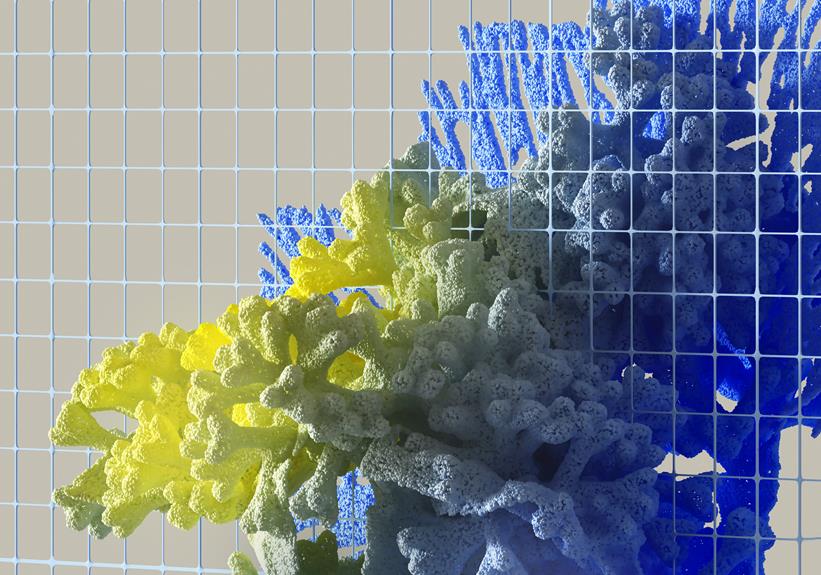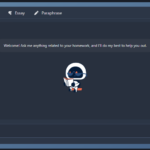You're living in a world where AI-generated content is everywhere, but have you ever pondered its ethical implications?
It's a tricky landscape, fraught with questions about accountability, plagiarism, bias, and transparency.
Join us as we delve into these ethical dilemmas, challenging the intersection of technology and morality.
Are you ready to explore this brave new world?
Key Takeaways
- Accountability and responsibility are unclear when AI generates harmful or misleading content.
- Plagiarism concerns arise when AI creates content indistinguishable from human work, raising questions about attribution and copyright infringement.
- Biases in AI content creation reflect biases present in the training data, highlighting the need for diverse and unbiased training data.
- Transparency and authenticity are crucial in distinguishing between human and AI-generated content, and clear labeling of AI-generated content is important to avoid deception and mistrust.
Understanding AI-Generated Content
Before diving into the ethical dilemmas, you've got to grasp what AI-generated content is in the first place. It's content that's created by artificial intelligence. In other words, it's not humans writing or designing, but machines doing the work. These AI systems are sophisticated, capable of producing text, images, videos, and other forms of content that often mirrors human creativity.
You've probably encountered AI-generated content without even realizing it. Maybe you've read a news article written by a bot or seen a painting created by a machine learning algorithm. It's becoming more common, especially in fields like journalism, art, and marketing.
Now, you might be wondering how this works. Well, AI uses machine learning algorithms to analyze patterns and data. It learns from this data and then it can produce new, original content. That's the basics of it, but the technology behind it's complex.
But here's where things get tricky. AI doesn't have a moral compass or human judgment. It can't distinguish between right and wrong, ethical and unethical. It simply generates content based on what it's been taught. This leads to a host of ethical dilemmas. For instance, who's responsible if AI creates content that's offensive or harmful? Is it fair to use AI to generate content without crediting a human author? These are the types of questions we'll be exploring.
The Question of Accountability
One significant ethical issue you can't ignore is the question of accountability when AI generates content. Who's responsible when an AI system creates something harmful or misleading? Is it the programmer, the user, the company, or the AI itself? As AI grows more advanced and autonomous, this question becomes increasingly complex.
Consider a scenario where an AI writes a defamatory article. In most legal systems, the author would be held accountable. But if an AI is the author, it's not so clear cut. You might argue the programmer is responsible, as they coded the AI. But what if they didn't foresee this specific outcome? Perhaps you'd blame the company for not monitoring their AI closely enough. Yet, could they really predict every potential issue?
If an AI creates false information that leads to harm, it's not just a legal issue, but an ethical one. Society values truth and justice, so when AI disrupts these values, it's troubling. You can't simply punish the AI – it doesn't understand or feel consequences. So, who should bear the brunt?
Moreover, accountability isn't just about blame. It's about preventing future harm. If you don't know who's responsible, it's hard to prevent similar incidents. This accountability gap could lead to more harm, as people exploit it to avoid consequences.
In essence, the question of accountability in AI-generated content is a thorny ethical dilemma. It's a problem you need to grapple with, as it will only grow more urgent as AI continues to evolve.
Plagiarism Concerns in AI Content
In light of AI-generated content, you're likely to encounter ethical dilemmas around plagiarism. AI can produce content that's eerily similar to human-written text, but this raises questions about originality and intellectual property rights. Is it plagiarism if an AI mimics a human author's style or rehashes existing content?
Let's delve deeper into the potential issues:
- AI Mimicry
- AI can be programmed to mimic a specific writing style, which can lead to concerns about originality. If an AI copies your unique writing style, it's as if it's stealing your intellectual fingerprint.
- This also raises questions about attribution. If an AI creates content that's indistinguishable from your work, who gets the credit?
- Rehashing Existing Content
- AI often generates content by learning from and recombining existing text. This could potentially infringe on copyright laws if the AI reuses substantial parts of protected works.
- There's also the issue of author consent. Even if an AI reuses small snippets of text, it may do so without the original author's permission.
- The Role of AI Developers
- If an AI plagiarizes, who's responsible? Is it the AI developer, or the user who decided to use the AI in this way?
- This also brings up questions about prevention. How can AI developers ensure their technology respects intellectual property rights?
Navigating these ethical dilemmas can be tricky. But as you delve into the world of AI-generated content, it's essential to consider the implications and work towards solutions that respect everyone's rights.
Biases in AI Content Creation
Beyond the problem of plagiarism, another significant ethical issue you'll encounter with AI-generated content is the potential for bias. Bias in AI content creation is often a reflection of the biases infused into the machine learning algorithms during their training phase. These biases can manifest in various forms such as gender, racial, or cultural biases, depending on the data sets used for training the AI.
You've probably heard that AI is only as good as the data it's trained on. This is true, and it's where the bias problem enters. If the AI's training data contains biases, those biases will be reflected in the AI's output. For instance, if an AI is trained on data that predominantly features male perspectives, it might produce content that's inadvertently sexist, excluding or minimizing female viewpoints.
The main challenge is that many biases are deeply ingrained and often unconscious, making them hard to identify and eliminate. It's also worth noting that AI doesn't have a moral compass. It doesn't have the capability to distinguish between what's ethically right or wrong. It simply creates content based on the patterns it has learned from its training data.
In the end, it's your responsibility to ensure the AI tools you use are trained on diverse and unbiased data. It's crucial to understand the source of your AI's training data and to regularly audit the content it generates for potential biases. It's not an easy task, but it's a necessary one if you're committed to ethical content creation.
The Dilemma of Transparency
Navigating the murky waters of transparency with AI-generated content presents another ethical conundrum you'll need to grapple with. As AI technology becomes more sophisticated, it's increasingly difficult to distinguish between content created by humans and content created by AI. This blurring of lines poses questions about transparency and authenticity.
To better understand this, let's explore three main areas of concern:
- Disclosure
- The audience has a right to know who's behind the content they consume. If a piece of content is AI-generated, it should be explicitly stated, but this isn't always the case. The omission of this vital information can lead to deception and mistrust.
- Accountability
- With AI-generated content, who's to blame if the information disseminated is false or harmful? Pinning responsibility on an algorithm is tricky. It's important to establish clear accountability structures for AI content.
- Manipulation
- AI can be used to create deepfakes and other deceptive content. The potential for misuse is enormous and can have far-reaching, damaging consequences. Ensuring transparency can help counteract this potential abuse.
Transparency in AI isn't just about revealing the true creator of the content. It's about creating a culture of honesty and openness in AI usage. It's about respecting your audience's right to know and making sure they're informed about the content they interact with.
As you navigate the evolving landscape of AI content creation, remember that transparency isn't just an ethical necessity—it's a trust-building tool.
Ethical Solutions for AI Content
Now, let's navigate the path towards ethical solutions for AI content.
You'll want to consider implementing ethical guidelines and accountability measures for AI.
How can we ensure that these AI systems uphold the highest ethical standards?
Implementing Ethical Guidelines
To tackle the ethical issues arising from AI-generated content, you'll need to implement several key guidelines aimed at promoting transparency, accountability, and fairness.
- Transparency: To ensure that AI-generated content isn't misleading or deceptive, it's crucial to:
- Clearly label AI-generated content.
- Disclose the use of AI in content creation.
- Accountability: To hold AI systems and their creators accountable, it's necessary to:
- Establish clear responsibilities for AI actions.
- Develop mechanisms for addressing AI misconduct.
- Fairness: To prevent bias in AI-generated content, you must:
- Use diverse training data.
- Regularly test AI systems for bias.
AI Accountability Measures
So, how can you ensure accountability in AI content creation and what measures can be taken to ethically solve problems arising from it?
You can start by establishing clear guidelines and standards for AI-generated content. It's essential to provide explicit rules about what's acceptable and what's not.
Implementing a system of checks and balances is also vital. You'll need to regularly audit AI systems for compliance with these standards.
Furthermore, you should invest in transparency by explaining how your AI works, its limitations, and the steps you're taking to mitigate potential ethical issues.
Lastly, don't forget to include a mechanism for addressing grievances. In the event of a breach, it's crucial to have a plan in place to rectify the situation promptly and adequately.
Frequently Asked Questions
How Are AI Algorithms TrAIned to Generate Content?
You've asked about how AI algorithms are trained to generate content. It's quite fascinating!
AI uses machine learning, where algorithms learn from large sets of data. They're trained to identify patterns, understand context, and produce outputs based on what they've learned.
It's like teaching a child to speak; they start by mimicking sounds, then form words, sentences, and eventually meaningful content.
It's not perfect, but it's constantly improving.
Can Ai-Generated Content Impact Job Opportunities for Content Creators?
Yes, AI-generated content can impact job opportunities for content creators. You may find machines taking over tasks traditionally done by humans, which could lead to job losses.
But don't worry too much. Remember, AI can also open up new roles that require human creativity and critical thinking.
The key is to adapt and evolve with technology, instead of fearing it.
What Are the Legal Implications of Using Ai-Generated Content?
When pondering the legal implications of using AI-generated content, you'll find it's a complex issue. You're dealing with copyright infringement if AI plagiarizes human-created content. Who's responsible if the AI breaks a law? It's unclear, because laws haven't caught up with these advancements yet.
Additionally, there's the question of who owns AI-created content. In truth, the legal landscape is murky, and it's crucial to tread carefully.
How Can Ai-Generated Content Be Used in Marketing Strategies?
You can harness AI-generated content in your marketing strategies in several innovative ways.
It's perfect for creating personalized ad campaigns, as AI can analyze customer data to generate content that resonates with individuals.
You can also use it for A/B testing different content strategies, saving you time and effort.
However, it's essential to ensure the content aligns with your brand voice and values.
What Are the Environmental Impacts of Creating and Using Ai-Generated Content?
When considering the environmental impacts of AI-generated content, you're delving into the energy consumption of data centers. AI requires significant computing power, which in turn requires lots of energy.
The more AI content you produce, the more energy you're consuming. It's also crucial to remember the electronic waste that comes from outdated hardware.
Conclusion
So, you see, AI-generated content brings up several ethical dilemmas. Who's accountable for AI actions? How do we tackle plagiarism concerns? What about biases in AI content creation? And let's not forget the transparency issue.
While these questions might seem daunting, remember there are ethical solutions to navigate these challenges. It's a brave new world, and you're a part of shaping its ethical landscape.
















